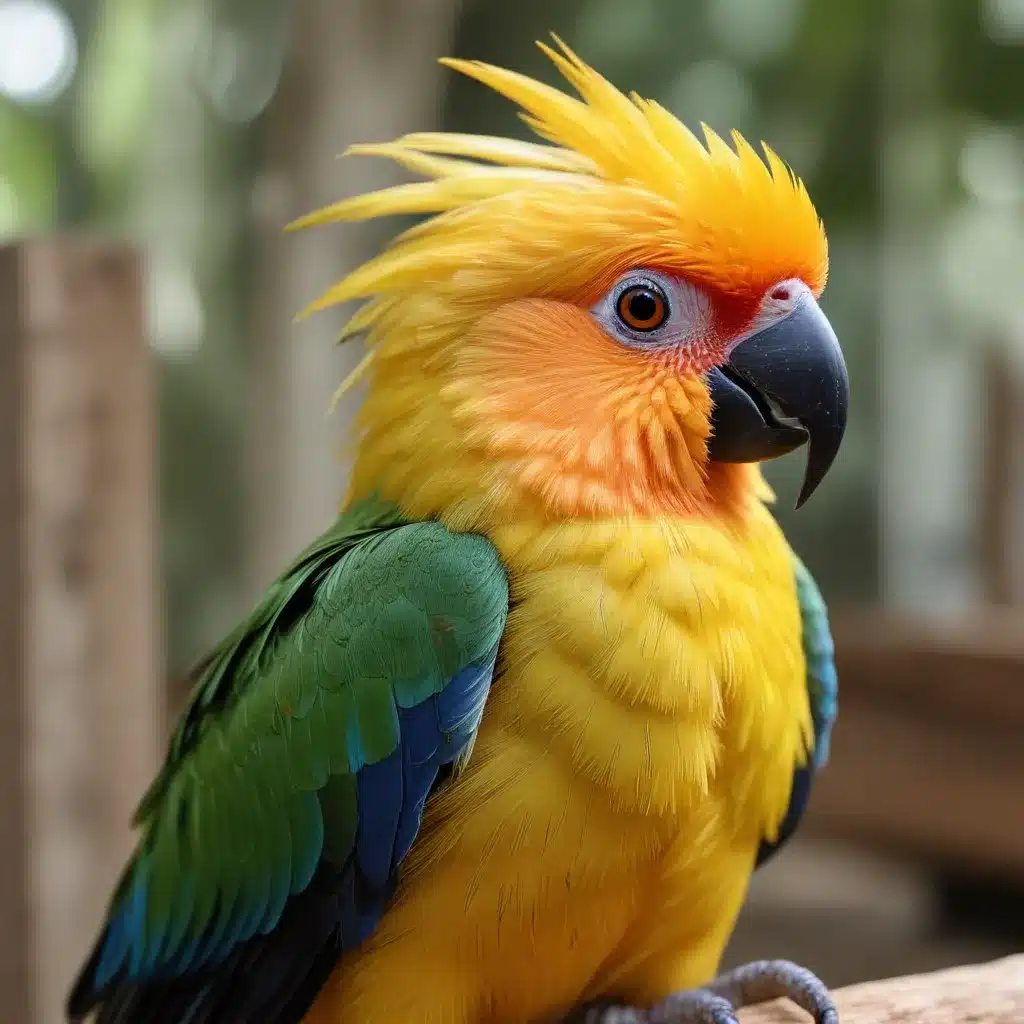
As an experienced avian caretaker, I’ve had the privilege of working with a wide variety of exotic bird species. From the vibrant macaws to the graceful cranes, each feathered friend comes with its own unique set of care requirements and transport considerations. In this comprehensive guide, we’ll dive deep into the intricacies of exotic bird transport and travel, equipping you with the knowledge and strategies to ensure a safe and stress-free journey for your feathered companions.
Exotic Bird Species
Bird Taxonomy and Classification
Exotic birds come in an astounding array of shapes, sizes, and colors, representing a diverse tapestry of avian life. These species belong to various taxonomic orders, such as Psittaciformes (parrots), Accipitriformes (hawks and eagles), and Phoenicopteriformes (flamingos), each with its own distinct behavioral and physiological characteristics. Understanding the unique attributes of your bird’s species is the foundation for providing exceptional care, both during transport and in their permanent homes.
Avian Habitats and Ecology
Exotic birds hail from diverse ecological niches, ranging from the lush rainforests of the Amazon to the arid savannas of Africa. Their natural habitats have shaped their adaptations, including specialized feeding habits, thermoregulatory mechanisms, and social structures. When transporting these feathered travelers, it’s crucial to replicate, as closely as possible, the environmental conditions they’re accustomed to, ensuring a smooth and comfortable transition.
Unique Care Requirements
Each exotic bird species has specific care requirements that must be meticulously addressed during transport and travel. This includes providing appropriate food and water, maintaining optimal temperature and humidity levels, and addressing any unique medical or behavioral needs. Failing to cater to these specialized requirements can result in significant stress and even health complications for your avian companions.
Exotic Bird Transport Considerations
Regulations and Legalities
The transport of exotic birds is subject to a complex web of regulations and legalities, both nationally and internationally. From obtaining the necessary permits and documentation to adhering to airline and customs requirements, navigating this bureaucratic landscape can be a daunting task. Partnering with experienced pet relocation experts can help ensure your bird’s journey complies with all applicable laws and regulations, minimizing the risk of delays or complications.
Safety and Welfare Protocols
The safety and well-being of exotic birds during transport is of paramount importance. This encompasses a range of considerations, such as the design and construction of travel crates, the handling protocols employed by trained professionals, and the monitoring of environmental conditions throughout the journey. Adhering to the highest standards of animal welfare is not only a moral imperative but also a legal requirement in many jurisdictions.
Logistics and Planning
Successful exotic bird transport requires meticulous planning and attention to detail. This includes coordinating flight schedules, securing ground transportation, and ensuring seamless transitions between various stages of the journey. Proactive communication with all involved parties, from airlines to customs officials, can help mitigate potential hiccups and ensure a smooth and efficient transport experience.
Exotic Bird Travel Challenges
Environmental Stress Factors
The transport and travel process can be inherently stressful for exotic birds, as they are exposed to a myriad of unfamiliar sights, sounds, and environmental conditions. Factors such as changes in temperature, humidity, and air pressure can have a significant impact on their physiological and behavioral well-being. Implementing strategies to minimize these stress factors, such as the use of calming pheromones and familiar enrichment items, can help alleviate the strain on your feathered companions.
Health and Medical Concerns
The transport and travel process can also pose risks to the health and medical well-being of exotic birds. From the potential for dehydration and digestive issues to the increased vulnerability to infections and injuries, these concerns must be addressed proactively. Ensuring your bird’s health is optimized before the journey, as well as having access to veterinary support during transit, can help safeguard their well-being.
Specialized Equipment Needs
Transporting exotic birds requires specialized equipment and resources to ensure their comfort and safety. This includes custom-designed travel crates, temperature-controlled containers, and even specialized handling tools. Partnering with reputable pet relocation services can provide access to these essential resources, as well as guidance on their proper use and maintenance.
Avian Behavior and Specialized Care
Behavioral Traits and Adaptations
Each exotic bird species exhibits unique behavioral traits and adaptations that must be taken into account during the transport and travel process. From the social dynamics of flocking species to the specific foraging and nesting behaviors, understanding these nuances can help you anticipate and address potential challenges, ultimately ensuring a more positive experience for your feathered friend.
Nutritional and Dietary Needs
Exotic birds often have specialized dietary requirements that must be meticulously addressed during transport and travel. This may involve providing specialized feed, maintaining strict feeding schedules, and even accounting for any individual dietary preferences or sensitivities. Failure to meet these nutritional needs can lead to health issues and further exacerbate the stress of the journey.
Habitat Enrichment Strategies
Providing a stimulating and engaging environment is crucial for the well-being of exotic birds, both during transport and in their permanent homes. This may involve incorporating familiar objects, perches, and even interactive toys to help mitigate the stress of the journey and maintain their natural behavioral patterns. Collaborating with experienced avian caretakers can help you identify the most effective enrichment strategies for your specific bird species.
Navigating the complexities of exotic bird transport and travel can be a daunting task, but with the right knowledge, resources, and support, it can be a seamless and rewarding experience for both you and your feathered companions. By prioritizing their safety, health, and well-being, you can ensure a smooth and stress-free journey, setting the stage for a lifetime of enriching interactions and experiences.
For more information on exotic bird care and the services offered by Mika Birds Farm, please don’t hesitate to reach out to our team of avian experts. We’re here to provide the guidance and support you need to create a thriving environment for your beloved feathered friends.


